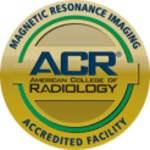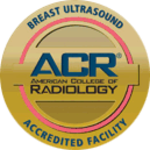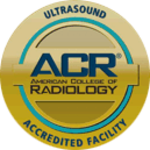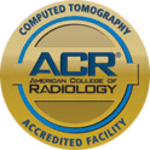Brain MRA Quick Reference Guide for Physicians
"Time of flight" MR Angiography relies on flow related enhancement of arteries to achieve contrast. This does not require an IV contrast injection, but relies on an MR phenomenon of flow related enhancement to produce bright vessels. This technique is routinely used in the evaluation of the cerebral arteries.
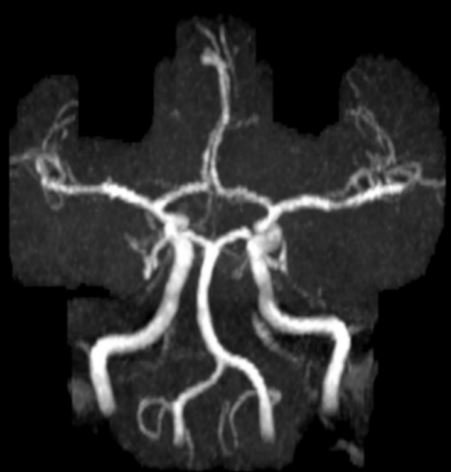
Image from an MRA brain scan done at Guilford Radiology, 2010
Indications:
Identify and evaluate aneurysms, dizziness, stroke, and headache.
Patient Preparation
For the MR exam, if claustrophobia or anxiety is a problem, the referring physician my wish to prescribe a mild sedative to be given prior to the study. No other pre-visit preparation is necessary. Patients will need to remove all jewelry, hairclips, pony-tails and bobby pins. In addition, the patient will need to remove all clothing containing metal. This would include bras with metal enclosures and jeans with metal zippers and buttons. Your patient will be provided a gown and a secure locker in which valuables can be placed.
CPT Codes
- 70544 Head Without Contrast
Patient Weight Limit
Our MRI equipment has a weight limit of 440 pounds.
Ready to Order a Test for your Patient?
General Information:
MR imaging uses a powerful magnetic field, radio frequency pulses and a computer to produce detailed pictures of organs, soft tissues, bone and virtually all other internal body structures. MRI does not use ionizing radiation (x-rays). Detailed MR images allow physicians to better evaluate various parts of the body and determine the presence of certain diseases that may not be assessed adequately with other imaging methods.
Contraindications
Patients with cardiac pacemakers, ICD, or neuro-stimulators CAN NOT have an MRI. Patients with pins, plates, screws and joint replacements, stents & filters can have an MRI as long as it has been 6 weeks since placement of the device. Women who are pregnant should avoid having an elective MRI. Women who are pregnant and need an MRI should be individually evaluated for risk vs. benefits and should avoid an MRI in the 1st trimester of pregnancy.
How Does Your Patient Prepare?
Patients will need to remove all jewelry, hairclips, pony-tails and bobby pins. In addition, the patient will need to remove all clothing containing metal. This would include bras with metal enclosures and jeans with metal zippers and buttons. Your patient will be provided a gown and a secure locker in which valuables can be placed.
What Happens During the Test?
Your patient will be asked to lie down on his back on the scanning table. The table will then slide into the scanning area. During the test, the MRI will make a rapid tapping noise. Your patient’s experience and comfort are of key importance. Therefore, our patients are offered earplugs or a music headset; in addition blankets are also available. Your patient should relax and remain still during the exam. Your patient should plan 60-90 minutes of total clinic time. The scan time can vary from 30-60 minutes depending on the study. Your patient may resume normal activities following the MRI.
The Results
A radiologist will analyze the images and send a signed report to the referring physician within 1 business day.





